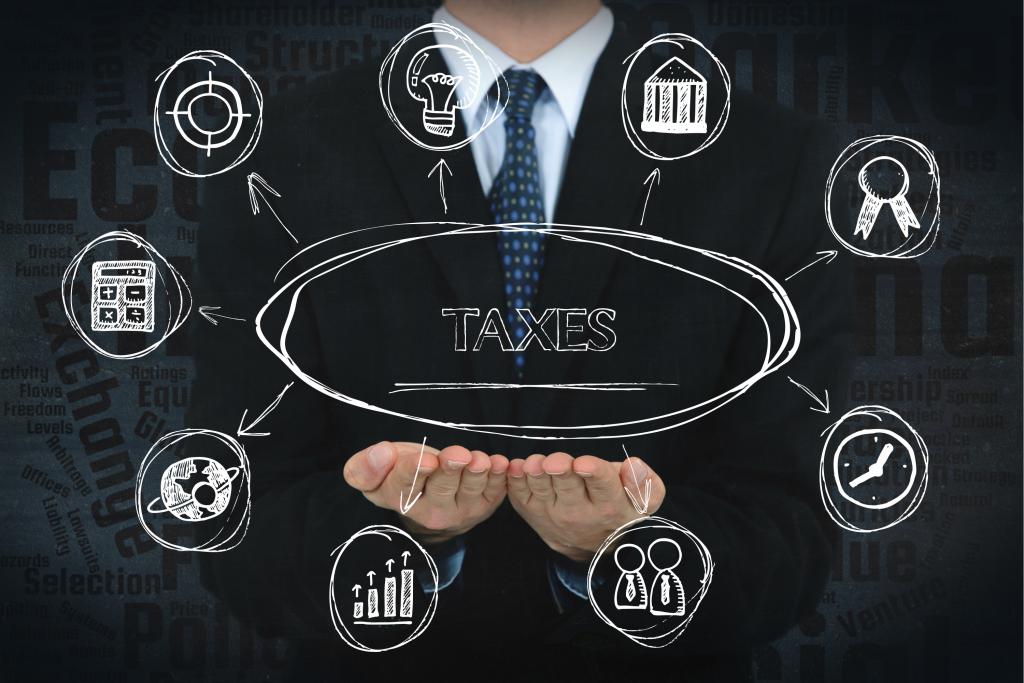What is tax evasion under Vietnamese Law?

Accordingly, tax is an obligation; that individuals and organizations; forced to perform to contribute to the construction of the country. However, some businesses take advantage of loopholes in the law on the strictness and uncontrollability of tax authorities to conduct tax evasion. So, what is tax evasion under Vietnamese Law? Let’s find out with LSX on this article!
Legal grounds
- Constitution of 2013
- Circular 166/2013/TT-BTC
What is tax? What is tax evasion?
Basically, Tax is the amount of money; collected by individuals and organizations to mobilize finance for the government, redistribute income, and at the same time regulate socio-economic activities. In fact, paying tax is a mandatory obligation of each individual or organization living in each territorial unit.
Hence Article 47 of the 2013 Constitution of the Socialist Republic of Vietnam; everyone is obliged to pay taxes following the law. Thus, the act of tax evasion is a violation of the law; which can be in many forms for the purpose of fraud, bypassing the tax authorities, making false declarations for the purpose of reducing the amount of tax payable, and making illegal profits.
The role of taxes
- Mobilizing material resources for the state budget;
- Regulation in macroeconomics;
- Implementation of social justice;
- Inspect and control production and use activities.
Tax evasion behavior
Pursuant to Article 13 of Circular 166/2013/TT-BTC, the following acts are considered as tax evasion; specifically:
- Failure to submit tax registration documents;
- Failure to file a tax return or file a tax return;
- Using illegal invoices and vouchers;
- Illegally using invoices and vouchers;
- Invoices are not valid for tax declaration, which reduces the payable tax amount; otherwise increases the refunded or reduced tax amounts;
- Compiling procedures and dossiers for the destruction of supplies and goods or the reduction in quantity and value of supplies and goods not in accordance with reality; therefore reducing the payable tax amount or increasing the amount of tax refunded, exempted or reduced;
- Making incorrect invoices on the quantity and value of goods and services sold as a basis for tax declaration and payment, which is lower than the actual amount;
- Failing to record in the accounting books the revenues related to the determination of payable tax amounts;
- Using tax-exempt or considered tax-exempt goods (including non-taxable) for improper purposes without declaring the change of use purpose or declaring tax to the tax authority;
- Correction or erasure of accounting vouchers and accounting books reduces the payable tax amount; otherwise increases the refundable tax amount or the exempted or reduced tax amount;
- Cancellation of accounting vouchers and accounting books reduces the payable tax amount or increases the refundable tax amount or the exempted or reduced tax amount;
- Using illegal invoices, vouchers, and documents in other cases to wrongly determine the payable tax amount or refundable tax amount; false declaration of tax bases arising tax evasion, fraudulent tax amounts;
- Taxpayers who are in the process of applying for a temporary suspension of business but are still doing business;
- Goods are transported on the road without invoices or legal documents.
Conclusion
Lastly, thank you for paying attention to our article on “What is tax evasion under Vietnamese Law?”. Hope that this article will help you solve your problem. In case you have any questions, please feel free to contact Lawyer X for quick and best legal services: +84846175333.
Accordingly, businesses could pay taxes in the following places: the State Treasury, tax management department, organizations authorized by tax authorities to collect taxes; commercial banks; other credit institutions, and service organizations.
Hence the regulation of Vietnamese Law, tax is compulsory; non-reimbursable revenue of the State for organizations; and individuals to meet the spending needs of the State for the common good.
Conclusion: So the above is What is tax evasion under Vietnamese Law?. Hopefully with this article can help you in life, please always follow and read our good articles on the website: lsxlawfirm.com




